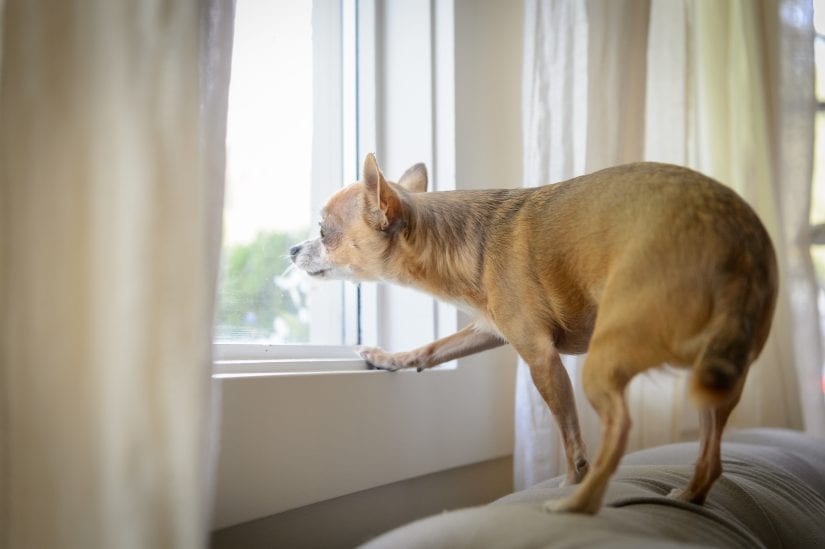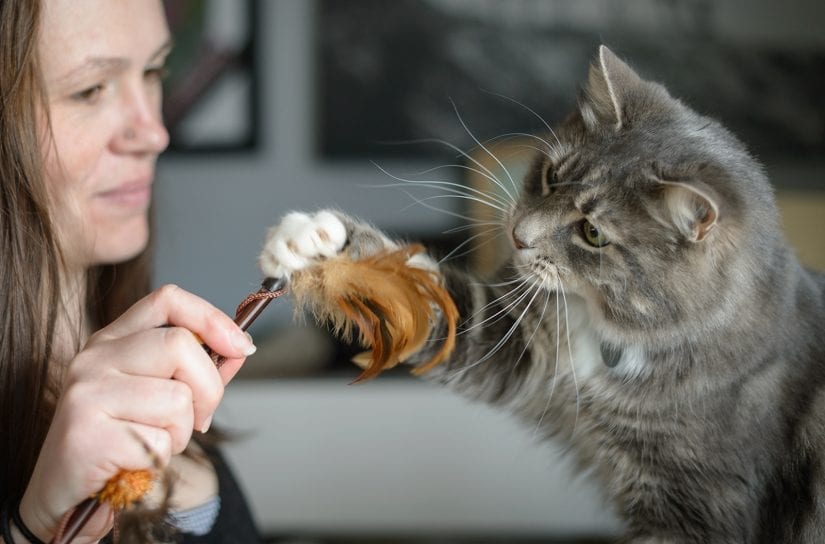Pet care & behaviour
Puppies are a lot of fun and, like toddlers, they need to learn where to go potty. Remember it’s up to us to teach them and reward them when they get it right.
When house training your puppy, consider training him to like a crate. Crates can help with house training and chew training.
Training tip
Never punish your puppy for not going where you want or for not doing what you want him to do. We have to teach animals what we want them to do. If he doesn’t stay by your side he may not know that’s what you want. Reward him when he’s beside you. Use lots of treats and when he’s older you can use treats and life rewards.
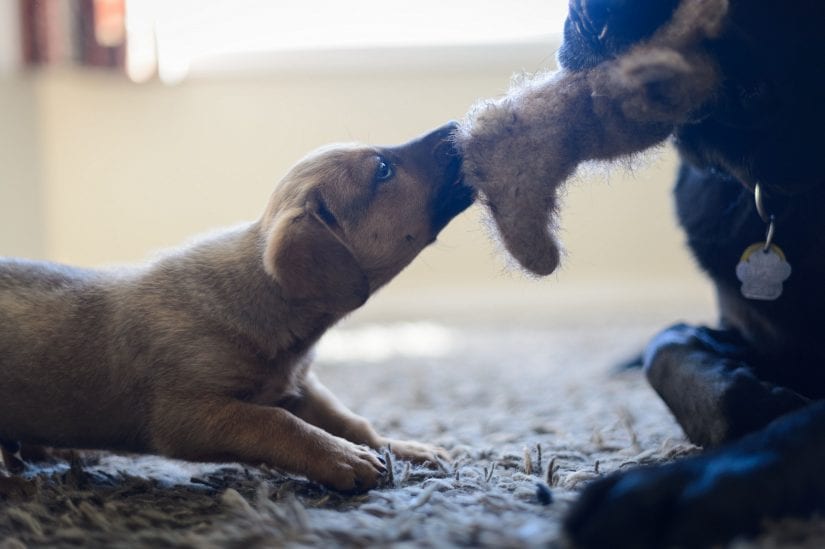
Dogs communicate with us through their behaviour. Peeing on your stuff may mean your dog is trying to tell you something. Dogs don’t do it because they’re mad!
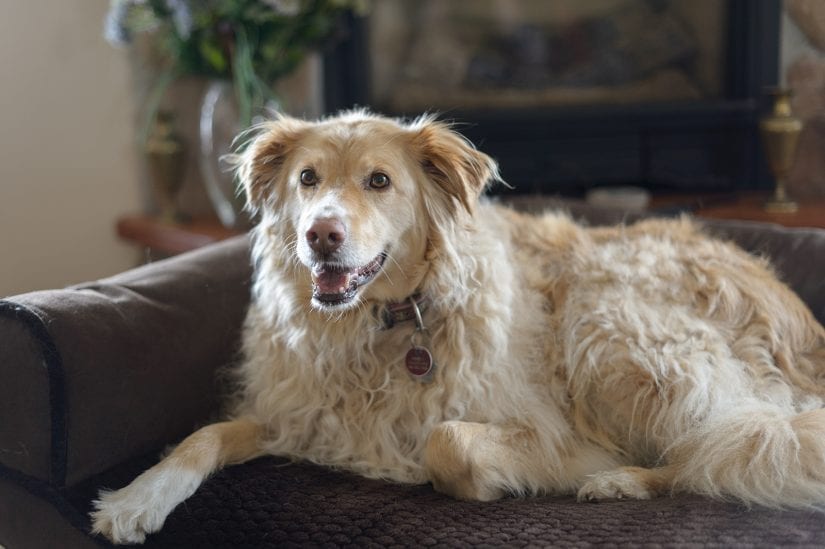
Is your dog house trained?
If your dog is house trained and this is a new behaviour, get a vet exam as there may be a medical issue at play.
If your dog has always had accidents then it’s best to restart your house training. Learn how to house train your dog.
Urine marking
Some dogs will pee on things around your house or outside to communicate, find a partner or to let others know this is their home.
If your dog is urine marking, start by house training him again. Always make sure his bladder is empty before you leave him alone. Reward him for going outside. If he’s not neutered, ask your vet about whether this might help.
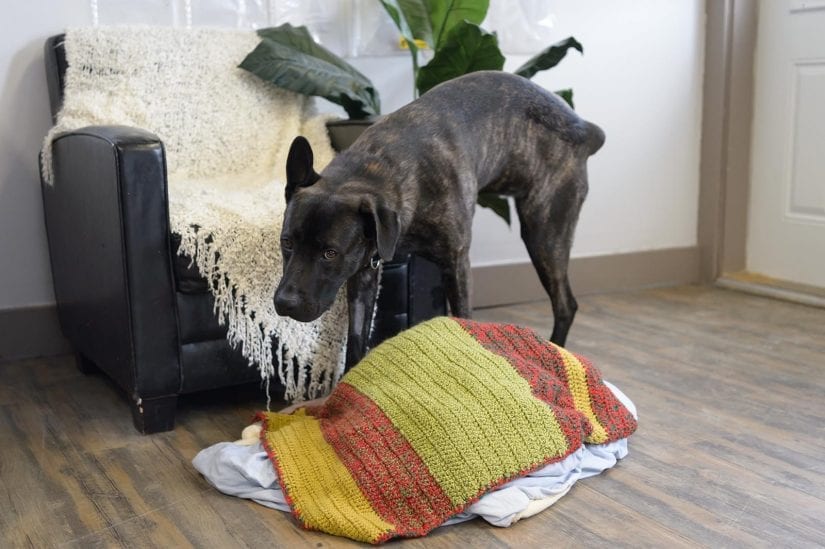
Does your dog have anxiety when you leave?
If you think your dog has separation anxiety, see your veterinarian for a diagnosis.
Signs your dog may be suffering from separation anxiety:
- Panting, hiding, trembling, lack of appetite when you get ready to leave
- Damage to your front door, back door or windows
- Self-injury (bleeding paws, broken teeth, bleeding from mouth)
- Refusal to eat when you’re not home, even high value treats (but eats them when you’re home)
- See your veterinarian if you suspect your dog is suffering from separation anxiety.
